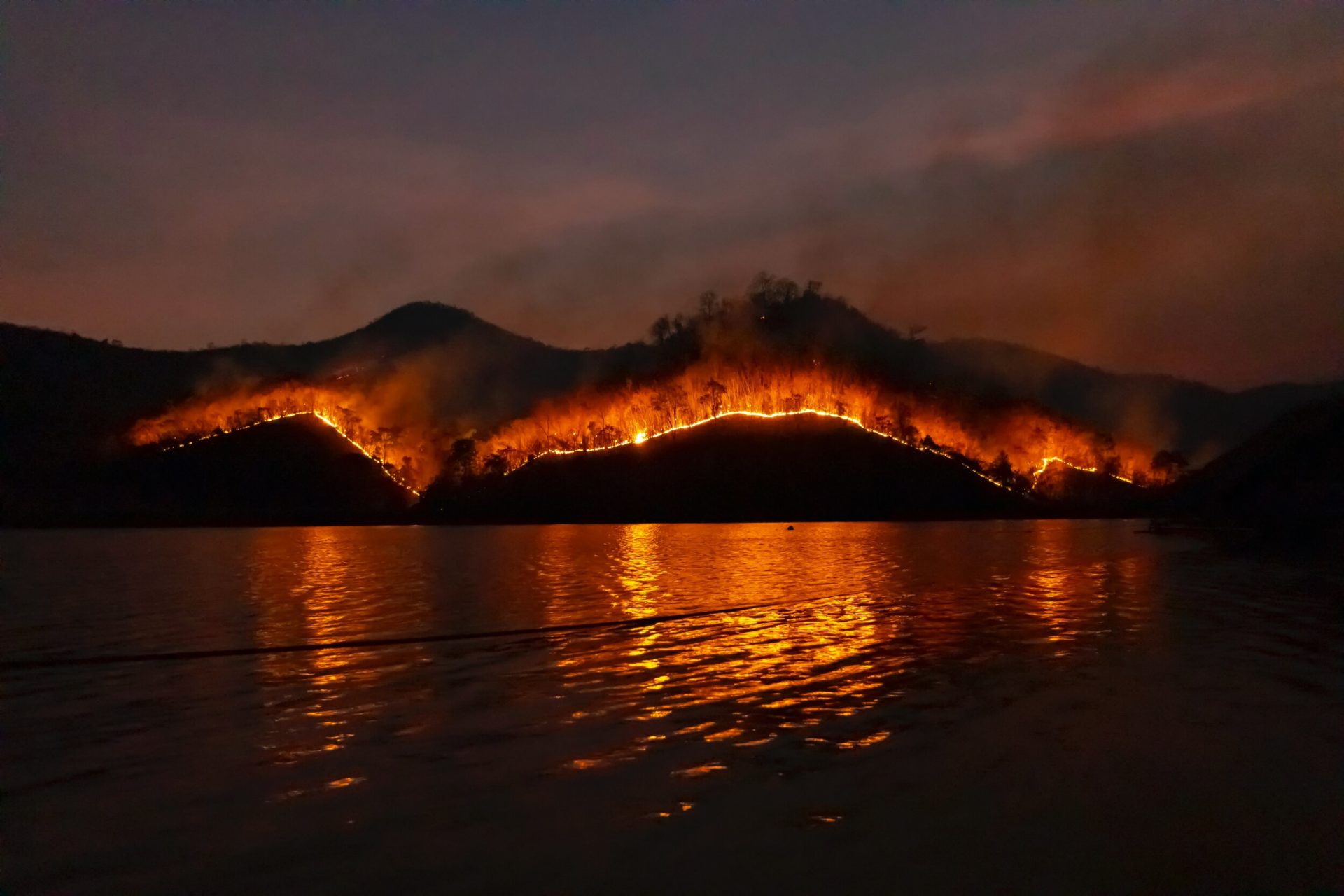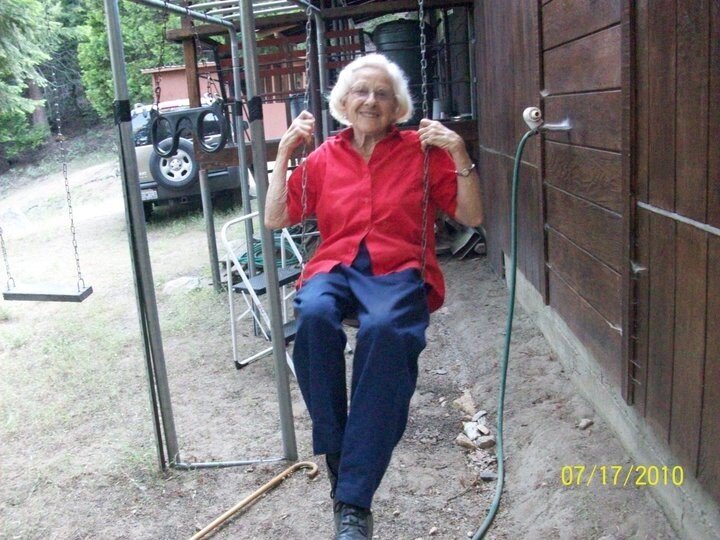
I am already coughing as I roll out of bed at 7:00 AM. Outside of my window, thick, black smoke is blanketing everything around us. I check an aviation web site on my iPad, and I see the local airport is “socked-in” because of smoke. We turn on the radio and hear about a grass fire in Ashland, Oregon. By the afternoon, entire towns are gone.
From the Cascades in Phoenix to Talent, Oregon, the fires have ravaged communities up and down the West. About 30 miles north of me, flames attack the Chiloquin region, burning through a logging museum and moving towards Agency Lake while destroying property along the way. Facebook discloses that a friend lost their family home.
A separate fire burns through Alpine Village in California. My cousins have lived and worked there for almost 60 years. Now vast swaths of the forest are mostly gone. We were told that powerful flares pushed the crews out of Alpine Village and also nearby Sequoia Crest. Authorities tell us it is too hot to investigate. A trip by a sheriff’s deputy through the area reported that 95% of the houses and cabins are gone.

This is not my family’s first fire season. We have always stayed close to the mountains and vast forests, and fires have always been a looming menace. Over the years, much has burned, but our family cabin has narrowly escaped each time. This time, we had to evacuate the area, and don’t know for certain if it is still standing. We are just a few of the 500,000 folks that have had to evacuate in Oregon alone.
As is the nature of humans, we ask why and how to change the results. And as with most issues, we divide into our tribes. I hear the President saying the solution is forest management. Former Vice President Biden sounded the klaxon on climate change and calling Trump a “climate arsonist.” Both of these gentlemen are correct, and both are wrong. We live in an interrelated, dynamic world, and there is seldom a single answer, and no action without public buy-in.
The President’s approach, if adequately funded, will provide near-term benefit. It is an opportunity for mobilization, youth service cleaning the forests. More reliance will be placed on the logging companies and other private-sector solutions. They can be good actors, but folks see them as primarily interested in making money from the woods, not the critical civic project we must address.
The former Vice President’s addresses a pressing long-term need to address overarching climate concerns. It involves increases taxes and curtailing extraction-type energy companies. Indeed, we can make short-term progress to combat climate change by developing resilient methods to cope with the challenge. If the public can find some common ground in these policies, we might make some progress on climate change.
On my Facebook feed, there are many posts – from locals and visitors alike – criticizing the Sierra Club, an environmental organization, and their efforts to increase regulation, pursue litigation, and discourage dead tree removal. Sierra says that many trees in California have died due to drought and bark beetle infestation. They also say that neither will increase the severity of extensive fires (i.e., conflagrations) based upon studies.
Others see it differently. Many argue that dead standing trees add to fire intensity. They indicate the study cited by the Sierra Club was for the Rocky Mountains, where fire behavior is much different.
In the article “Coexisting with Wildfire,” reporters from American Scientist address the subject of wildfires by explaining how climate change has destabilized nature’s ability to self-regulate. The risk of wildfires increases considerably because of early-season precipitation, building biomass, and ever-longer warm periods. Over the years, fuels have accumulated because fire suppression has been generally effective in reducing acres burnt. Legal constraints on prescribed burns impair the ability to manage and mitigate accumulated energies. As more and more flammable substances have accumulated, prescribed burns are critical to reduce accumulated fuels and become increasingly risky.
Focusing on climate change is not a strategy likely to produce near term relief. The American Scientist article suggests that fuel reduction is not either. Instead, they indicate that improving site conditions in wildfire-prone areas and the design, construction, and maintenance of structures is critical. The article writes: “Wildfires are inevitable and often as uncontrollable as earthquakes and floods, but we’re still working to break the pathological feedback loop of poor planning and fighting fires after it’s too late.”
If we care about the homes burning and communities lost, and the immense annual governmental expenditure for fire suppression, we must undertake smart action. This action starts with shared goals in the near and long-term. We need to develop a consensus across our American political tribes and agree to an approach that we can all implement. Specific dedication and focus are critical.
We also must reorganize to accomplish the action. Reorganizing comes in many forms, but we can fully fund a national service program for a start. In the 30s, FDR’s Civilian Conservation Corps (CCC) planted 3 billion trees. Today, we can implement a similar program to protect them. Many proactive, near-term programs should be implemented – like fuel clearance, building standard improvements, developing fire breaks between communities and the wild, and helping homeowners. There is only so much manpower available to carry out these projects. A national service program would augment the Forest Service, Bureau of Land Management and Park Service, state and local fire agencies.

With all of this in mind, I know that climate change is a challenging subject to approach. In my home state of Oregon, I have witnessed the arguments and different theories. It may take years to find common ground. But time is of the essence for forest and mountain communities like my own. To be successful, we must find common ground and take smart, non-partisan steps to save the way of life I hold dear.
______________________________________________________________________________________________________________________






